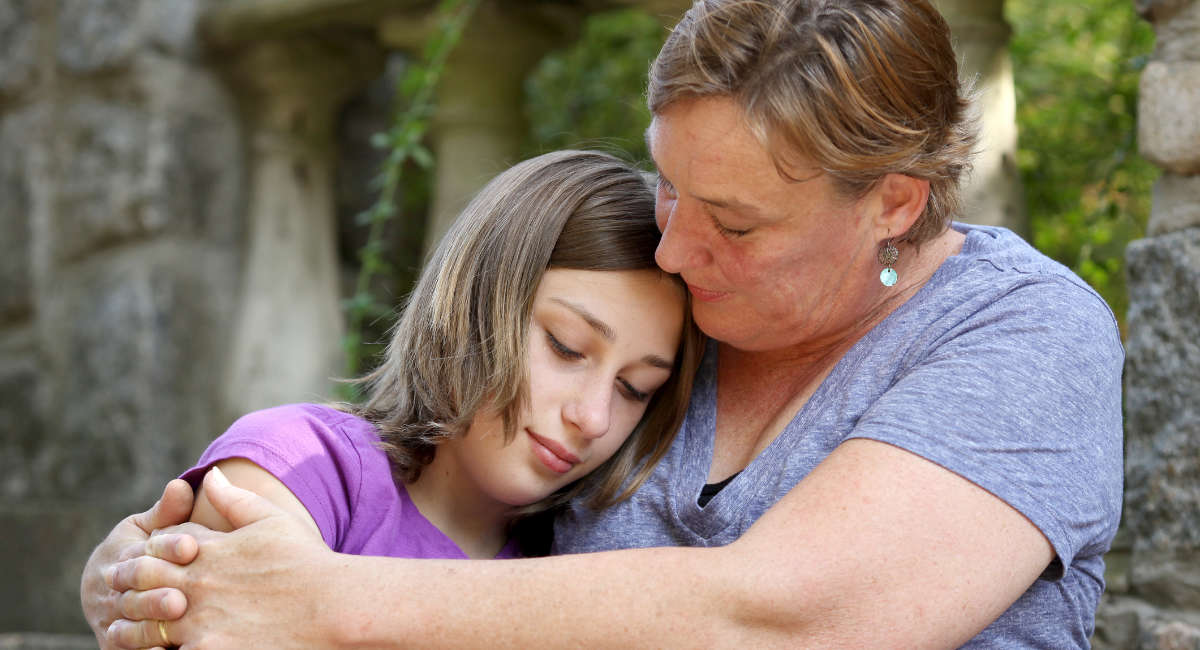On Monday, July 18, the Supreme Court issued an order allowing Indiana to enforce its parental consent law, which requires minors to have either parental/guardian consent or a judicial bypass prior to obtaining an abortion. The law was passed in 2017 but had been blocked by lower courts, which found it unconstitutional under then-current legal precedents. But since the Supreme Court has overturned Roe v. Wade and Planned Parenthood v. Casey, Indiana asked the lower courts to lift the stay.
READ: Federal court allows Indiana law prohibiting D&E abortions to take effect
The case was before the U.S. Court of Appeals for the Seventh Circuit, which said it could not act until it received formal notice of the Supreme Court’s ruling, called a judgment, which normally would have been issued on July 25. But last week, Indiana petitioned the Supreme Court to issue the judgment immediately, arguing that the existing rulings against their parental notification law had no legal basis and were harming state interests. “Delay would only serve to prevent enforcement of a duly enacted state statute designed to protect minors, families, and the unborn,” lawyers for the state said.
On Monday, Chief Justice John Roberts issued an order granting Indiana’s request to transmit the judgment immediately.
Indiana Attorney General Todd Rokita recently praised the Supreme Court’s ruling in Dobbs v. Jackson Women’s Health Organization, which overturned Roe v. Wade and Planned Parenthood v. Casey, the two precedents which provided the basis for blocking Indiana’s parental consent law. “We eagerly anticipate clearer paths for Indiana’s commonsense laws protecting unborn children and their mothers,” he said.
A new Rasmussen poll shows that the majority of Americans support parental consent laws like Indiana’s. According to Rasmussen, “64% of [l]ikely U.S. voters believe that abortion providers should be required to notify parents before performing abortions on girls under age 18. Only 25% oppose parental notification requirements, while another 11% are not sure.”
“Like” Live Action News on Facebook for more pro-life news and commentary!







